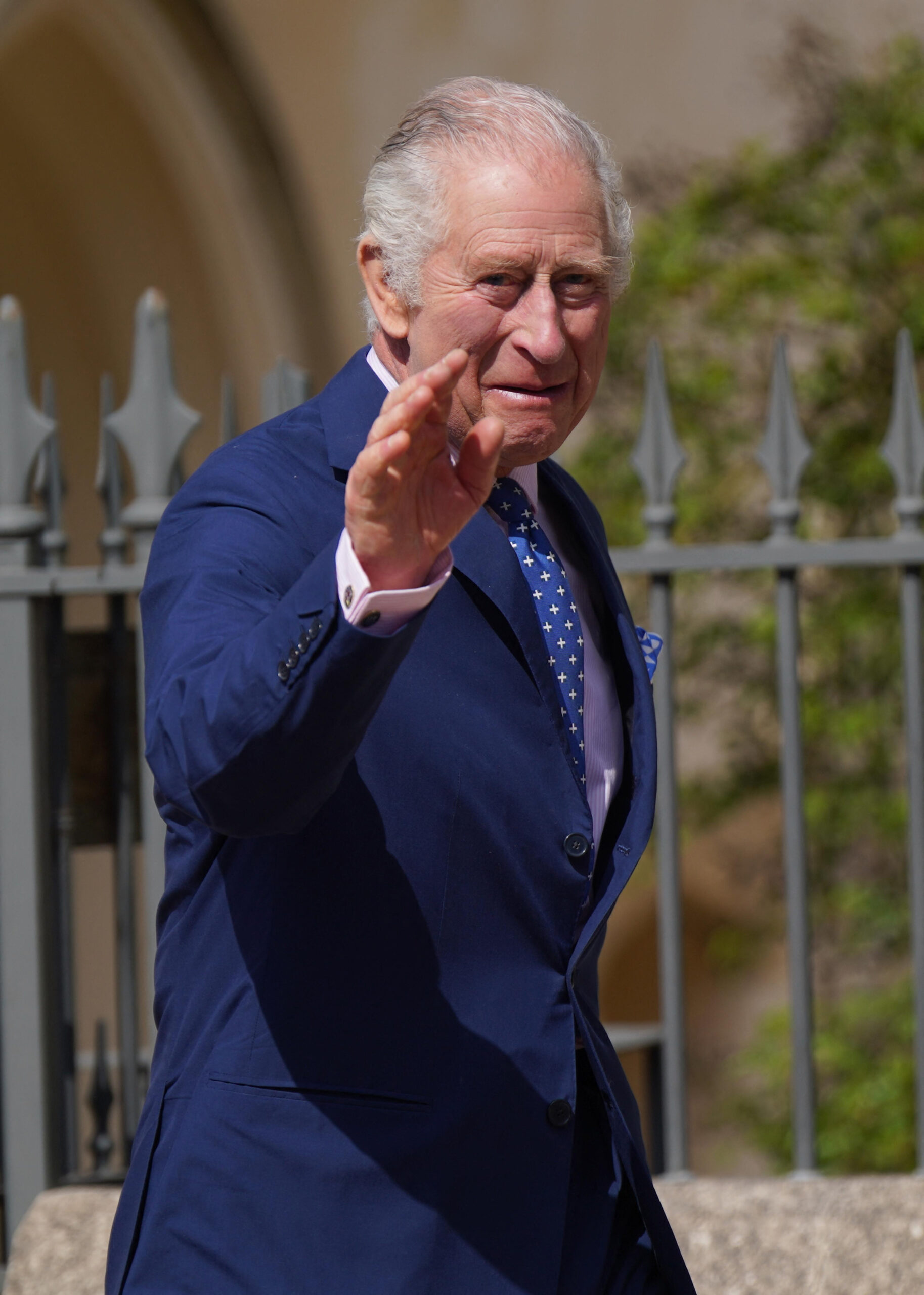
“What??!! We got sunburnt because we were out and about and exposed to the sun all day??!! That is shocking!! Commission a study, right now, so that we can get to the bottom of this!! I want to see if there is some sort of a connection, somehow, between the red rashes on our skins and the harsh rays of the sun!! And, oh, minister, before you leave, could you have my servants pick up our lounging mats and pillows that we had spread out on the grass on the property, and also our empty lemonade pitcher and glasses? And I believe my shirt is out there somewhere.”
As farcical or as ridiculous as the above contrived scenario might appear to be, and, in fact, it is quite “over the top” in a comical sense, given the context of the situation, it is no less ridiculous, and even no less insulting, as the following report recorded in an article titled: “King Charles III supports probe into monarchy’s slave ties”, published by The Associated Press, on April 6, 2023. To belabour the point, it is like asking for a study to be done to ascertain if the sky is blue, or if the water in our oceans is salty, or if dogs as a species are given to barking and howling.
The following is a quotation from the article, which was republished by the American news outlet, ABC News:
“LONDON — King Charles III for the first time has signalled support for research into the British monarchy’s ties to slavery after a document showed an ancestor with shares in a slave-trading company, a Buckingham Palace spokesperson said Thursday. Charles takes the issue “profoundly seriously” and academics will be given access to the royal collection and archives, the palace said.
The statement was in response to an article in The Guardian newspaper that revealed a document showing that the deputy governor of the slave-trading Royal African Company transferred 1,000 pounds of shares in the business to King William III in 1689. The newspaper reported on the document as part of a series of stories on royal wealth and finances, as well as the monarchy’s connection to slavery.”
What will be tragic is that an exorbitant amount of money is likely to be spent in order to fund a study that is, at least in this writer’s humble opinion, wholly unnecessary. The facts of this study can be obtained, and for no price at all, from any Caribbean high school student who has carefully studied and successfully passed Caribbean History and European history, which are part and parcel of the curriculum, in one form or another, in the educational systems in the various Caricom or West Indian territories. The information is neither new nor is it sparse, and neither is that latest insult made to the descendants of African slaves in the diaspora by the monarchy.
If the king and his scholars, perhaps, on the cusp of a new and great intellectual awakening, do not want to expend any money to come all the way down into the English-speaking Caribbean in order to interview our students, then there are more than enough people within the realm as it now exists, living on the British Isle, of African descent, who could supply them with all the answers that they need, and again, at absolutely no cost to them. In fact, many have been trying to do just that in respect to anyone who would care to listen, including the king and his courtiers.
How could the king not have known, or even have remotely, not have suspected any connection between the institution of African slavery, which his ancestors resolutely legitimized, warmly coddled, doggedly defended and richly benefited from, and the institution of the monarchy? Even the concept of the “royal we” betrays him. He might be separate from the bloodlines of commoners — of his subjects. He might have a separate, rarefied and exclusive pedigree, but in another sense, as explained through the “royal we”, he and his realm are one — indivisible.
The English “royal we”, or pluralis majestatis, dates to the late 12th century, around the time of Henry II and his successor Richard I, and meant “God and I,” invoking the divine right of kings. It has since come to be understood that a monarch using the “royal we” is speaking for the State. Whether King Charles III realizes it or not, his Parliament, his Prime Minister and his Prime Minister’s Cabinet comprise his Government.
Their policies and the history of their involvement in world affairs are as much his and his royal ancestors as much as they are theirs. The revenue it collected from slavery was his. So the researchers do not have to rifle through whatever musty papers Buckingham Palace has. All they have to do is go to any public library or purchase books from any reputable bookstore in London and read what led up to William Wilberforce’s years-long fight to have Parliament abolish the slave trade and slavery and the difficulties it involved.
The concept of the “royal we”, in what appears to be His Royal Highness’ Rip Van Winkle-like awakening from slumber and his ignorance of his family’s culpability in that tragic and reprehensible human atrocity is further compounded by the words of the United Kingdom’s national anthem, whenever it was played and sung for his late mother and whenever it will be played, with slightly adjusted lyrics, to acknowledge his reign:
“God save our gracious King, Long live our noble King, God save the King! Send him victorious, Happy and glorious, Long to reign over us, God save the King!”
His Royal Majesty might even have forgotten that he is the de jure head of the Church of England and not the Archbishop of Canterbury, as many have mistakenly thought. Hence, the encyclicals of his church, the history of his church in world affairs, and any ill-gotten gains of his church, financially and materially, are also his. He and his forbears are as responsible for all it has done, as a religious institution, as much as its clergy is. The church, not long ago, apologized for its own role in African slavery. And so, my liege, wake up! As the blood of slavery is upon your church it is also up on you, dear sir! Wake up!
As the world awaits the outcome of such a prospective study, what would happen if a connection is actually found between the Crown and the peculiar institution? Would it be just another academic exercise, for information purposes only? Or, does the King plan to actually do something tangible about it since the issue is so “profoundly” serious to him? Could it be that the King has been very much aware of a connection between the two institutions, all along, and that such a study would provide him with an opportunity to do public penance, or to perform self-flagellation for no other reason than for some sort of psychological or emotional catharsis? I suspect that none of those are actually in the cards.



